Description
ABSTRACT
An Overview of Some Compliance Regulations for American Citizens or Permanent Citizens doing Business in Nigeria
Joseph Munis*
INTRODUCTION
U.S. laws are complex and highly unusual in their attempt to extend the reach of the organs of enforcement beyond the country’s borders. The tax and related laws which are essentially enforced by the Internal Revenue Service of the Treasury Department cast a long shadow to all corners of the world. The recent indictment of FIFA officials using the US legal system is a demonstration of this reach. The U.S. has statutes where there are extraterritorial provisions that can reach foreign citizens, US citizens and residents, if they violate certain laws. For these to be applied, there has to be a jurisdictional touch requiring that some aspect of law broken falls within the United States’ jurisdiction. This paper is an overview of some compliance regulations that apply to American citizens and permanent residents doing business in Nigeria.
1. Taxes
There is a common misconception that if you are a U.S. citizen or resident (what the Internal Revenue Code calls a “U.S. person”) and resides permanently in another country, you do not have to file or pay U.S. federal taxes. That is untrue. U.S. persons living abroad have the same and in some cases enhanced tax and reporting obligations in comparison to U.S. residents.
If you are a U.S. citizen or resident alien, you must report income from all sources within and outside of the U.S. This is true whether or not you receive a Form W-2 Wage and Tax Statement, a Form 1099 (Information Return) or the foreign equivalents. Refer to Publication 525, Taxable and Non-taxable Income for more information.1
2. Addition reporting requirements with Tax Returns under FATCA
The new requirement comes courtesy of the Foreign Account Tax Compliance Act, or FATCA, an effort to crack down on offshore tax evasion by U.S. citizens. The impetus for FATCA was the revelation that the Swiss bank UBS had been helping thousands of Americans — many of them U.S. residents — to cheat the Internal Revenue Service, an offense for which it paid a $780 million penalty and handed over details on thousands of clients to end prosecution.
The new Form 8938, the Statement of Specified Foreign Financial Assets under FATCA requires taxpayers to provide detailed information on their overseas financial accounts, including income derived from them. The penalties for failing to file start at $10,000. Significantly, tax experts warn, filers are subject to major penalties for under-reporting — and even where innocent errors are made, they say, it will be up to the taxpayer to convince the I.R.S. examiner of their innocence. The statute of limitations does not expire until after a corrected form is filed.
You are required to file if the aggregate value of your specified foreign financial assets is more than the reporting thresholds that applies to you. For:
a. Unmarried taxpayers living in the US, the total value of your specified foreign financial assets is more than $50,000 on the last day of the tax year or more than $75,000 at any time during the tax year
b. Married taxpayers filing a joint income tax return and living in the US, the total value of your specified foreign financial assets is more than $100,000 on the last day of the tax year
* FCA, CPA. Tax Consultant with offices in Lagos, Nigeria and Pennsylvania, USA
- www.irs.gov/publications/p525 Accessed 27 May 2015

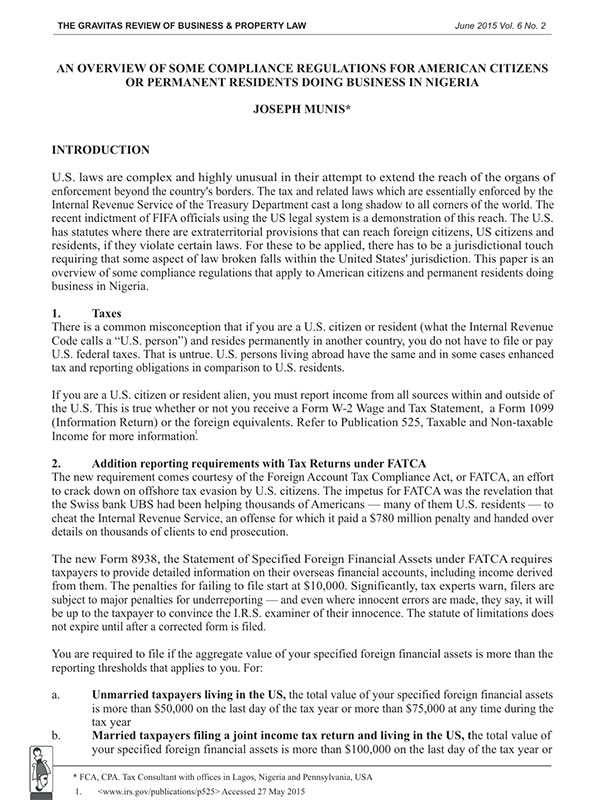
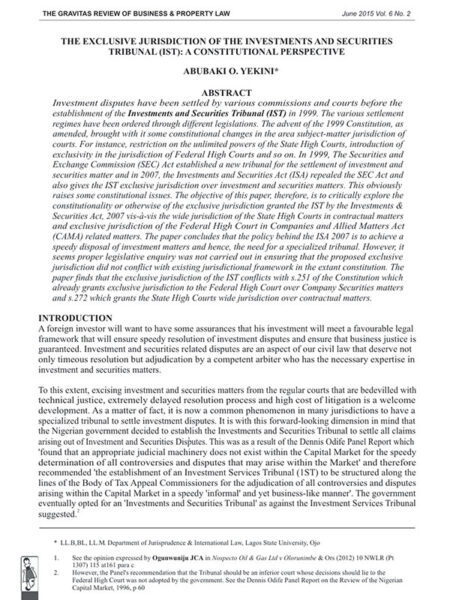
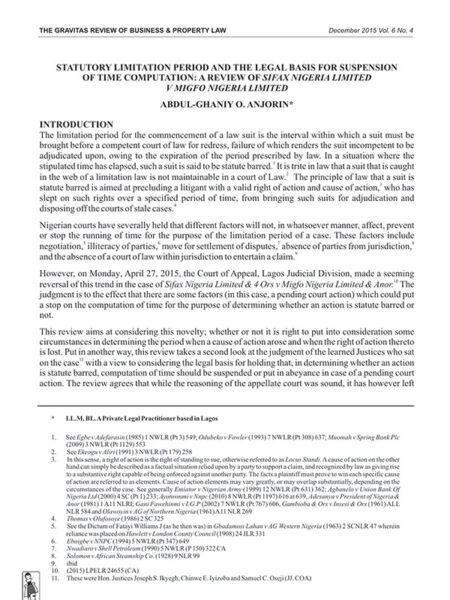
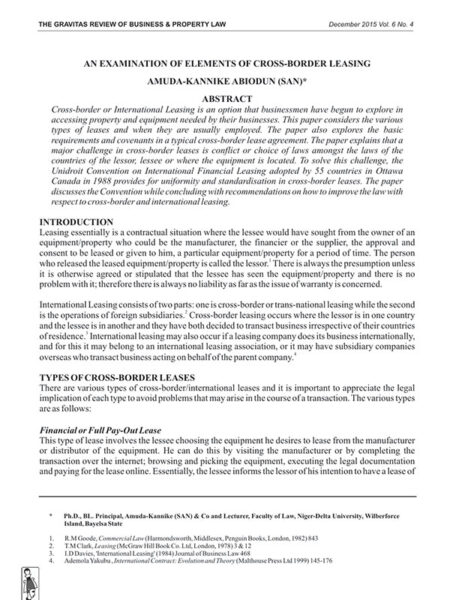
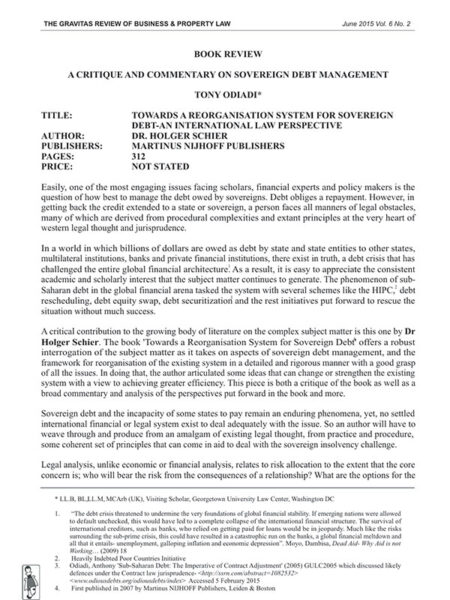


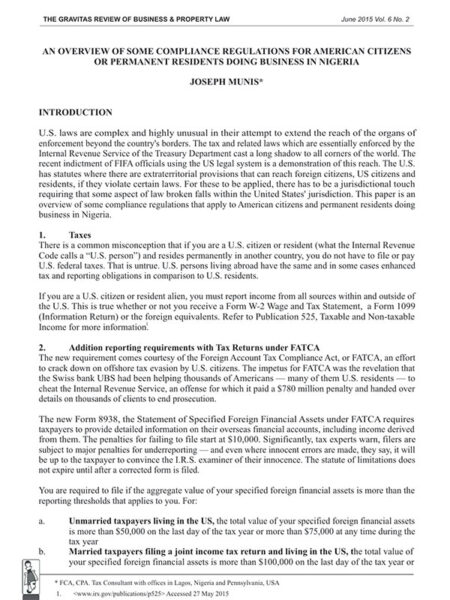
Reviews
There are no reviews yet.